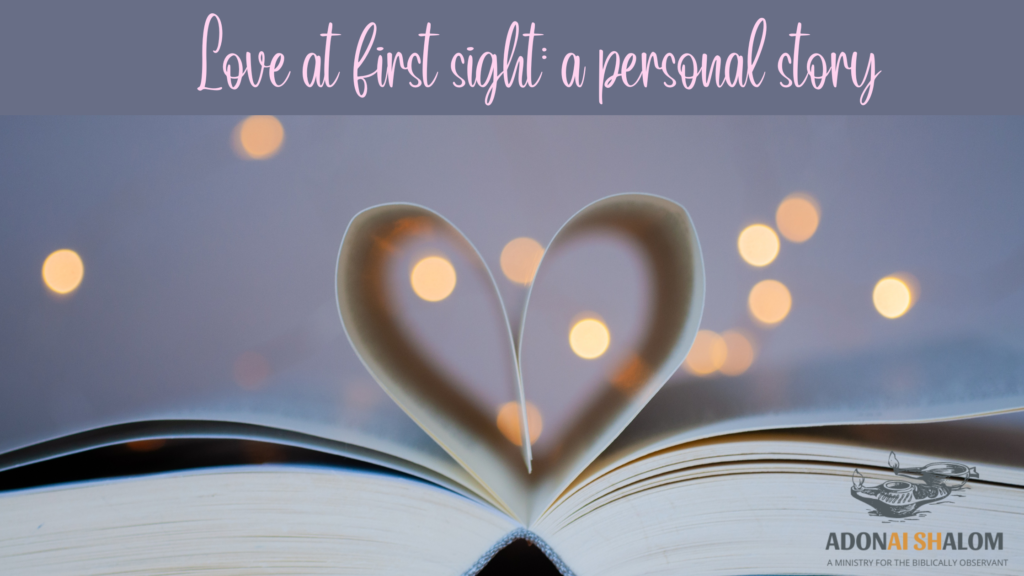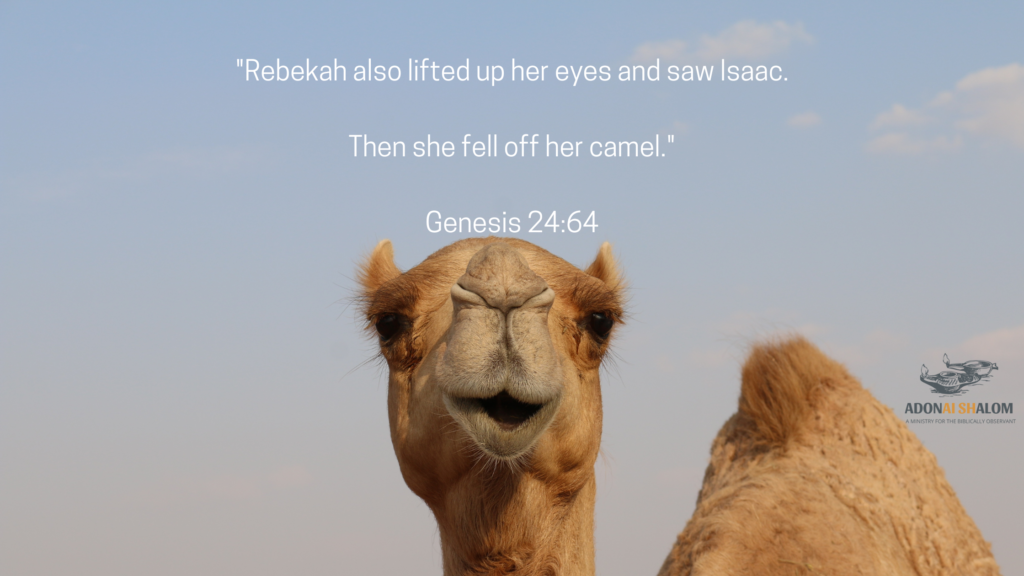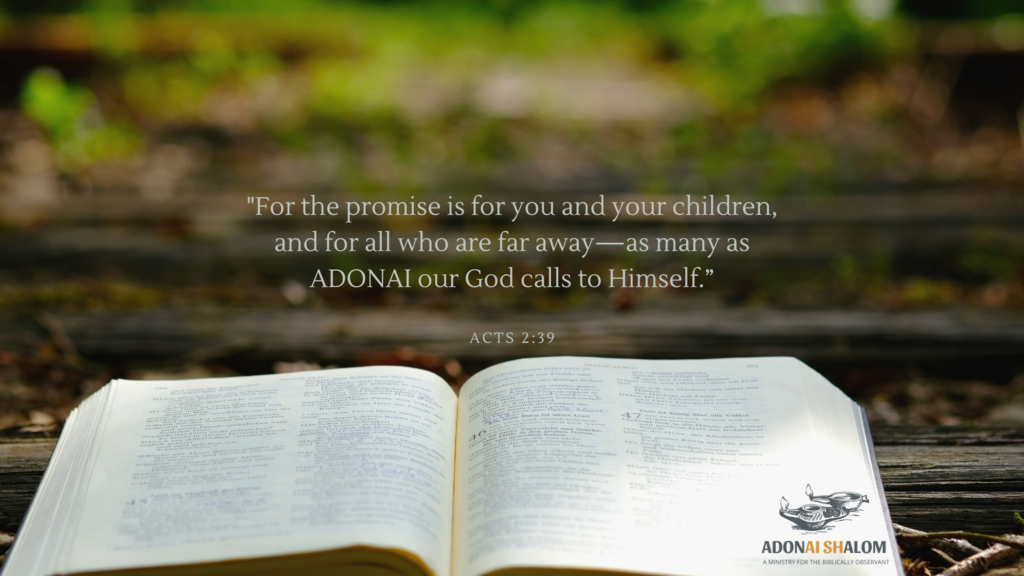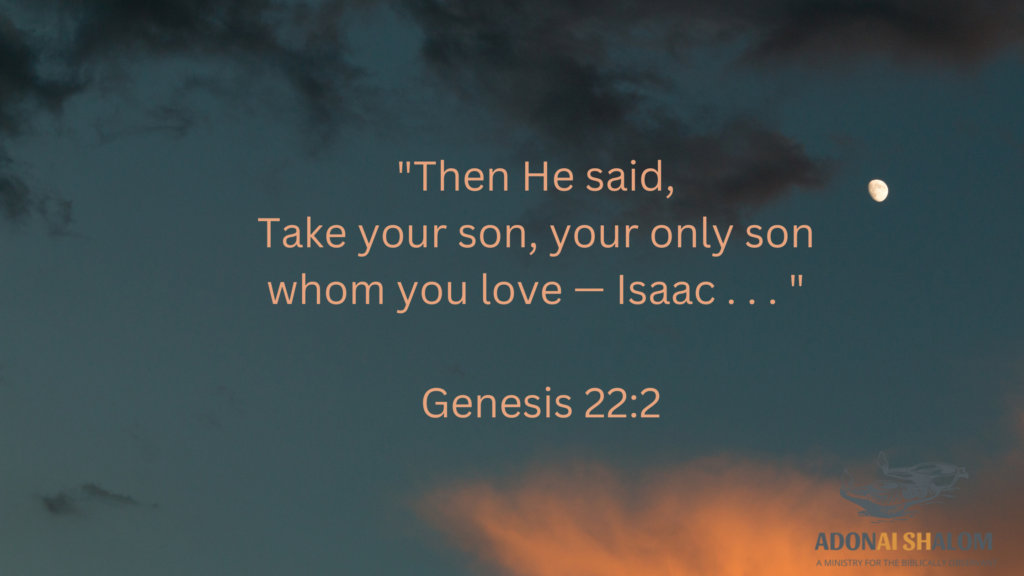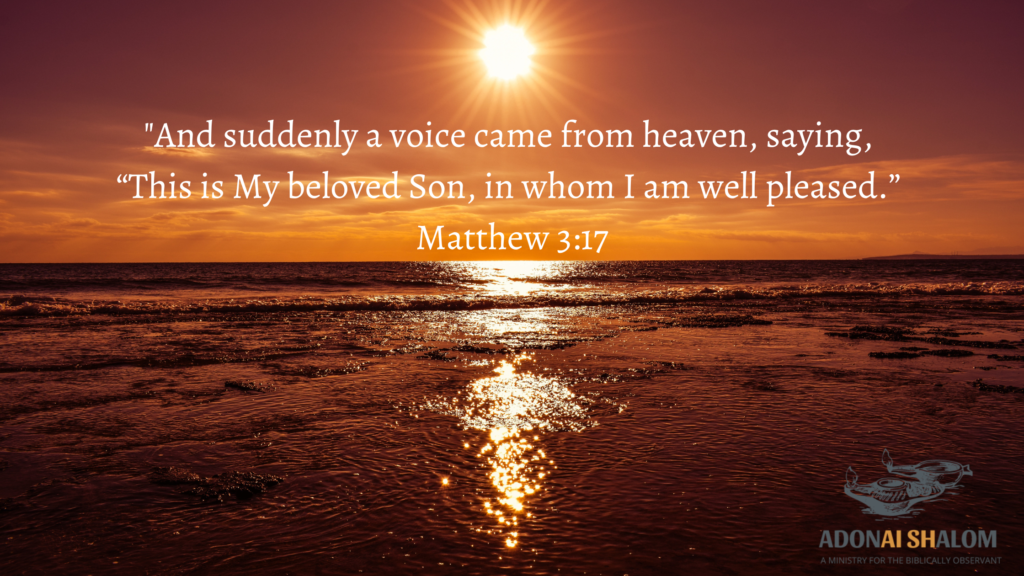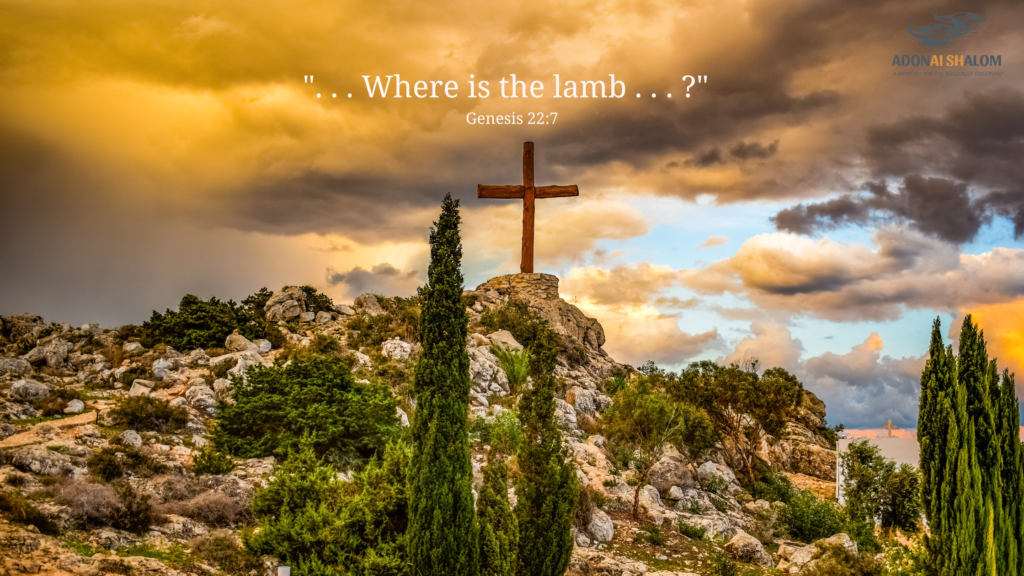Gratitude & Giving Thanks: A Hebraic perspective
As we near Thanksgiving, I wanted to share with you a Hebraic perspective on the terms, “gratitude” and “giving thanks.” In Hebrew, the expressions are “hoda’ah” and “hakarat hatov.“
Hoda’ah (הודיה): Thanksgiving & Praise
When the Bible beseeches us to “give thanks to our LORD, for He is good,” the Hebrew term used is most commonly “hoda’ah.” It varies in form due to grammar (commonly, “hodu”), but it comes from the same root “yadah”.
Here is an example of one of many instances where this term is used in the Bible:
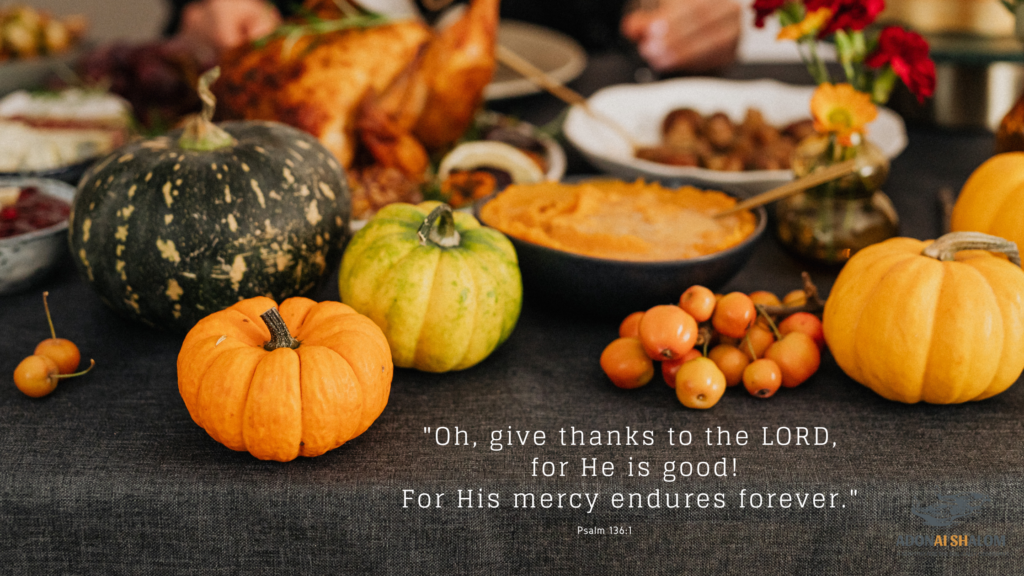
Here, hoda’ah is in command form and is pronounced “hodu.”
Hodu, L’ADONAI Ki Tov. Give thanks to the LORD for He is good.
Here, it is to be understood that we must give thanks! It is a command! Give thanks!
Hodu is intertwined with the idea of “praise.”
The Tree of Live Version, which is very true to the original Hebraic intent of the Scriptures, chose not to translate “hodu” as “give thanks,” and instead translated it as “praise.” This illumines the broad meaning of the word and teaches us this truth: our giving of thanks should always include the element of praise!
A Hebraic understanding of this verse is very holistic: we give the LORD our God thanks and praise as we confess our love for Him and acknowledge Him. Our thanks cannot possibly exist apart from our praise.
What’s more, the root term “yadah” literally refers to having “outstretched arms,” a demonstrative act of worship, of “throwing one’s hands” out in thankfulness and in thanksgiving. Biblically, praise includes the outstretching of our arms and the lifting of our hands as a true expression of thanks. “Hodu” is the imperative form: telling us, we must give thanks! We must praise!
Want to learn a bit of Hebrew to impress your friends and families at the Thanksgiving table? 😉
Listen to these two songs based on Psalm 136:1 and you will quickly learn how to say, “Give thanks to the LORD for He is good.”
It is easy to pronounce. Hodu l’Adonai ki tov. הוֹדוּ לַיהוָה כִּי-טוֹב
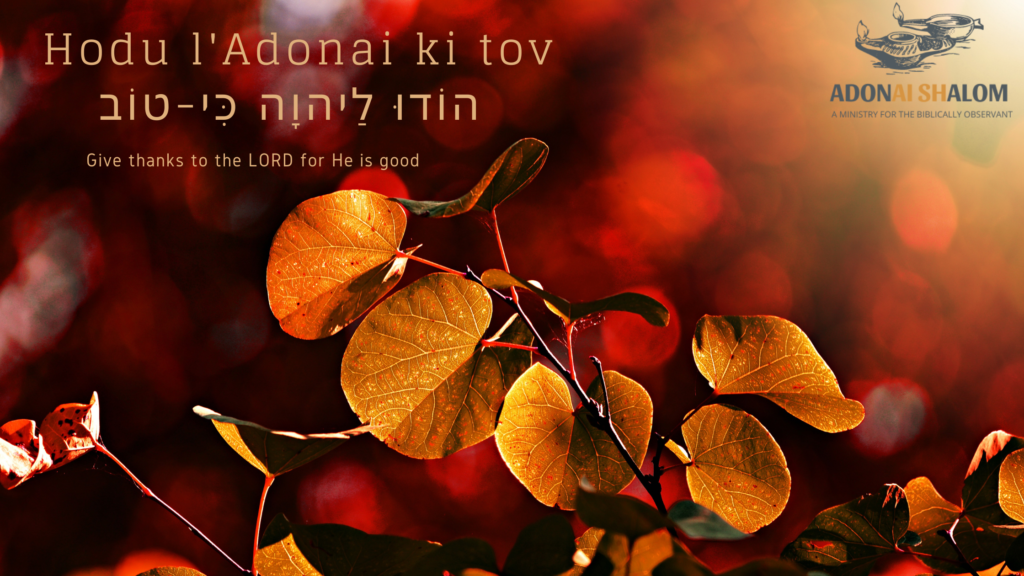
The song by Barry & Batya Segal is so filled with shalom! I first heard this song on the ADONAI cd when I was very young, and those songs ministered to me in such a way that truly helped lead me to my Messiah Yeshua (Savior Lord Jesus Christ). I hope it blesses you today, too, as you prepare your heart and home for Thanksgiving!
Here is another beautiful song that includes the phrase, “Hodu L’Adonai Ki Tov.” It is called “Give Thanks (Hodu)” by Joshua Aaron:
HaKarat HaTov (הַכָּרַת הַטּוֹב): “Recognizing the Good”
“HaKarat HaTov” is a Hebrew expression that is often translated as “gratitude,” but more literally means “recognizing the good.”
Though somewhat cliché, having an “attitude of gratitude” is an integral part of the life of faith.
Are you able to list what you are grateful for?
Do you dwell on the negatives in life or do you focus on the things you are thankful for?
“Recognizing the good” is a spiritual practice, if you really think about it.
Rather than focusing on what we don’t have, or what isn’t going right, we are commissioned to be disciples of Messiah Yeshua (our Lord Jesus Christ): followers of the One who is our All in All. We don’t need the world’s goods or gains. We just need Him.
“Recognizing the good” means just that: recognize the good that is already yours.
If you are a child of God, recognize the goodness of this truth!
If you know today that you are saved, recognize the goodness of salvation!
Of course, sometimes things don’t go quite as we would like.
When your car has a flat tire, be grateful you have a car to begin with. Recognize the good. Recognize that you are blessed.
When your family is loud and boisterous when you are just wanting to take a nap, be grateful you have a family. HaKarat haTov: recognize the good. Recognize that you are indeed blessed!
Choosing to live your life in a way in which you are recognizing the good will change your perspective on everything. The spirit of bitterness will have to flee. The spirit of comparison will lose its power. The spirits of envy and all types of negativity will no longer have a place in your life.
So this Thanksgiving, choose true, godly gratitude. Recognize the good and be thankful for it.
HaTov The Good One, Infinite in Compassion subtitled in English. I tried to paste the video here, but it wouldn’t allow it (only the Spanish one if you happen to understand Spanish), so please follow this hyperlink and you will find it in English.
Hodu: Turkey?!
Fun fact: In Hebrew, Hodu is used for both “giving thanks” as well as the word for “turkey!” The accent is changed, so Hodú is “give thanks”, but Hódu is “turkey!” Even more attention-grabbing: Hodu is also the term used to describe the nation of India!
Israelis refer to a “turkey” as an “Indian chicken!” And we know Christopher Columbus thought he had landed in India! The Pilgrims knew better . . . but you decide: Is this all just a coincidence, that the Hebrew word for “thanksgiving” just so happens to be the word for “turkey,” too!?
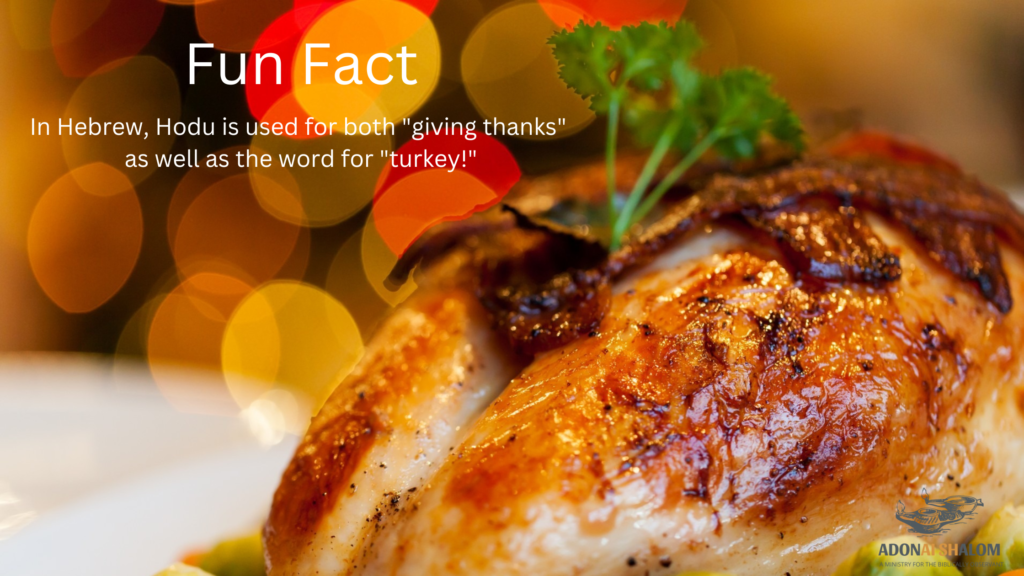
There are also some interesting parallels between the traditional Thanksgiving feast and the traditions around Sukkot, namely sharing an abundance of food and the command to be thankful and joyous.
Finally, the Jewish people are known as “Yehudi” in Hebrew (also translated in English as Judah): Yehudi is related also to “hodu/hodaya” (thanksgiving), so the very name of the people of God and tribe of Judah is rooted in Gratitude! The Grateful People, the People of Gratitude!
So be filled with thankfulness and gratitude today! The Scriptures are filled with so many linguistic treasures, but we must be diligent in our study and prayerful – that Ruach haKodesh (the Holy Spirit) would reveal more of these wonderful revelations to us to help strengthen our faith and refresh our spirit!
